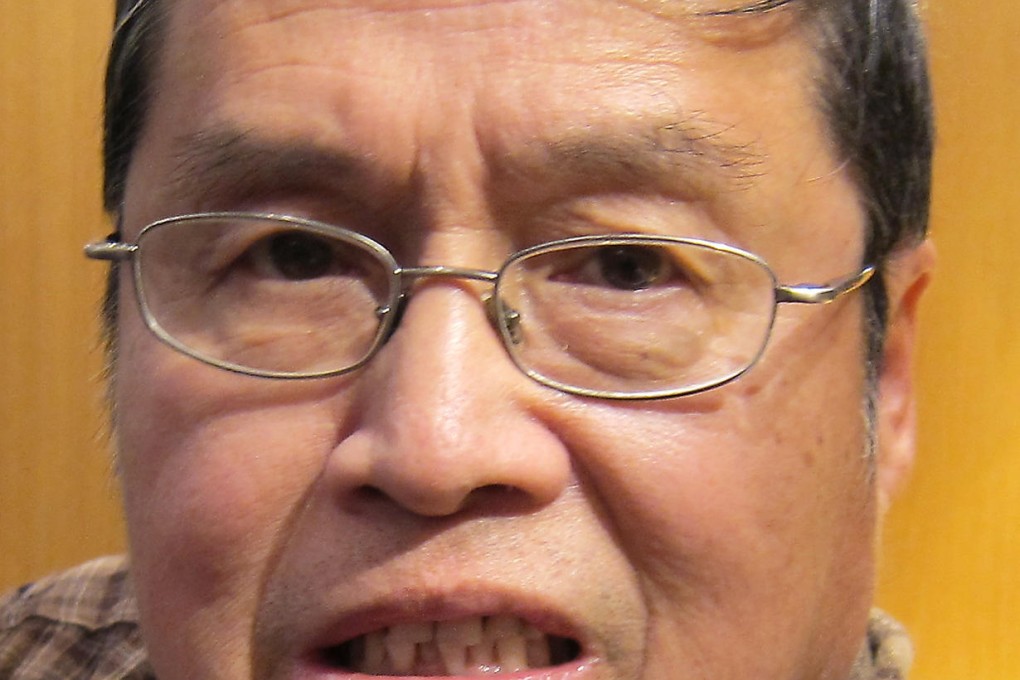Writer Su Xiaokang wants to 'probe the legitimacy of the party' and 'slay the dragon of Mao'
Su Xiaokang says nation cannot progress until it rids itself of the spectre of the Great Helmsman

For two decades after his escape from the mainland, writer Su Xiaokang was often in a state of depression.

Charged with "inciting anti-revolutionary propaganda", he hid out in villages and mountains for three months while on the run from security police.
After his lengthy escape to the United States via Hong Kong and Paris, he was later reunited with his wife and young son. He thought he had found peace at last - but a near-fatal car crash in 1993 left his wife paralysed for life and shattered his world.
"For years, I was in a state of shock, I couldn't write anything," Su recently told the Sunday Morning Post in Taipei, where he has been the city's writer-in-residence since last month.
Nonetheless, friends encouraged him to continue putting his thoughts to paper.